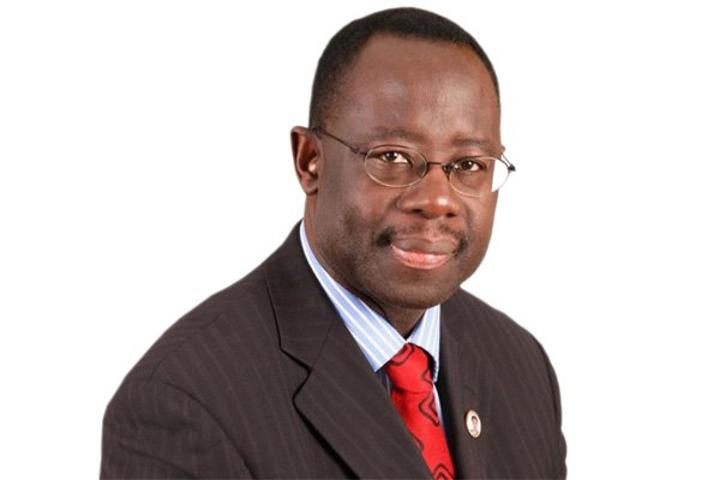Africa-Press – Zimbabwe. Last Sunday was another day, and another tragedy in Africa. A military coup occurred in Guinea, a country that is home to the world’s largest reserves of bauxite, yet one with hardly 10 years’ experience of democracy since independence.
Soldiers led by 41-year-old Col Mamady Doumbouya overthrew the democratically elected government of president Alpha Conde, accusing him of, among others, “rampant corruption, disregard for human rights and economic mismanagement”.
The accusations – if true and they possibly are – would call for reasonable people to change their government except, through multiparty elections.
For this reason, I reject the coup, especially remembering that it was exactly 50 years ago this January (1971) that Idi Amin, who happened to have been former Libyan leader Muammar Gaddafi’s friend, overthrew the democratically elected government of Uganda.
Amin went on to subject this country to nine years of reign-of-terror that only, thanks to the political and organisational leadership of Milton Obote and Julius Nyerere, the tyrant was deposed in the last military liberation of this country in April 1979.
The liberation war and an interim government led to multiparty elections in December 1980, overwhelmingly won by Obote’s UPC and which Mr Museveni’s UPM/Fronasa/NRA overwhelmingly lost, obtaining one seat, thanks to Crispus Kiyonga.
Yet five months to the next elections (July 27, 1985) when Mr Museveni could have dreamt of increasing his seats to at least three, they overthrew the elected government!
Writing in his Notes on Concealment of Genocide in Uganda, Obote says, “Tito Okello and Bazilio Okello were suborned to overthrow the second UPC government by three sets of people – the DP leaders, Museveni gang and a band of capricious UPC members.”
He continues: “Each set had its own objectives which, as we have seen in the case of Museveni, would not be achieved through the ballot; the UPC was too strong even for all the three combined.”
He concludes that for Mr Museveni and his team, any “course to the seat of government which bypassed elections was sweat music”.
It was hence interesting for Mr Museveni to – during an interview with television network France 24 – on Wednesday to say that coup leaders in Guinea should ‘get out’.
Rightly saying, as quoted, ‘military coups are of low value, we had them in the 1960s, and they were part of Africa’s problems. I condemn the coup, I don’t accept the idea of coups, they are not a solution’.
I now wonder, Mr Museveni; what has changed in Africa, what has changed in your mind and what has changed in Uganda?
As the country awaits your official response and not heckles from your social media idlers, my inbox got hit with reasons given by the Guinean coup leaders:
“Amending the constitution to remain in power, election rigging, corruption and swindling tax payers’ money, growing poverty and hyper-inflation, fleecing national resources, violation of human rights, and corrupt legal systems, etc,” the coup leaders said.
There you have it, in Guinea. It was only as I concluded reading this and revisiting other publications that I noted that, Conde, 83, was one of those privileged African witnesses that enjoyed red-carpet reception earlier on May 12, as part of the leaders during the swearing-in of Mr Museveni.
Understandably, therefore, Mr Museveni must feel for Conde.
The writer is a pan-Africanist and former columnist with New African Magazine
[email protected]






